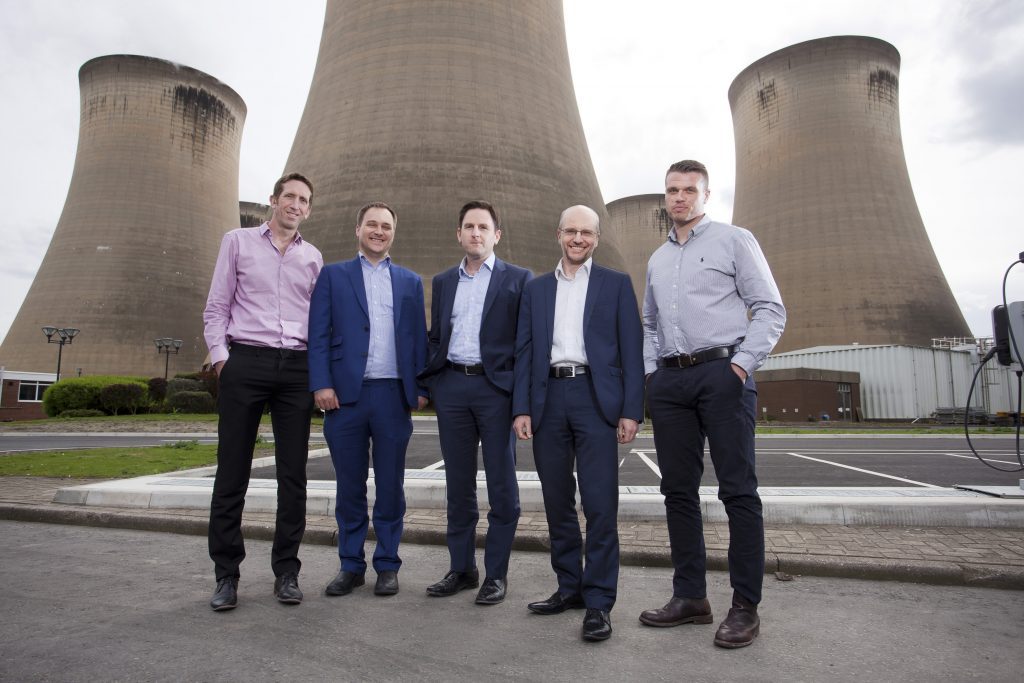Drax Group is to launch Europe’s first bioenergy carbon capture storage (BECCS) project, claiming that its success could bring ‘carbon negative’ power to North Yorkshire.
The nascent technology would capture gasses emitted from biomass generators at the same time as power is produced.
Drax is to invest £400,000 in the first of what could end up being several pilot projects to demonstrate the potential of BECCS technology, and will partner with Leeds-based C-Capture for this first trial.
The first phase of the pilot will examine the compatibility of C-Capture’s solvent with the biomass flue gas emitted at Drax Power Station.
Should that study, and a further feasibility trial into the use of flue gas desulphurisation absorbers, prove successful, the second phase of the pilot project will commence this autumn. That stage will see a demonstration unit installed to isolate carbon dioxide.
Will Gardiner, chief executive at Drax Group, said BECCS was a “leading technology” in the pursuit of negative emission power.
“This pilot is the UK’s first step, but it won’t be the only one at Drax. We will soon have four operational biomass units, which provide us with a great opportunity to test different technologies that could allow Drax, the country and the world, to deliver negative emissions and start to reduce the amount of carbon dioxide in the atmosphere,” he said.
The announcement has also been warmly received by energy and clean growth minister Claire Perry, who described it as “hugely exciting”.
But the UK government has had a turbulent relationship with carbon capture and storage (CCS). Having originally set aside £1 billion in funding for a competition aimed at helping commercialise CCS technologies, the competition was abruptly cancelled in November 2015, just six months before winners were due to be picked.
That decision came at a time of drastic cuts to green power policies and support frameworks and was described as an “appalling way to do business” by the CCS Association.






